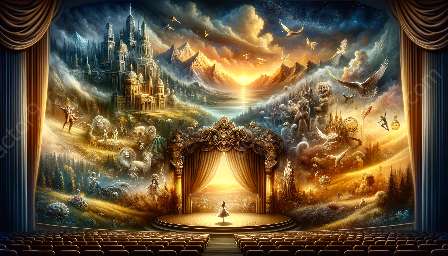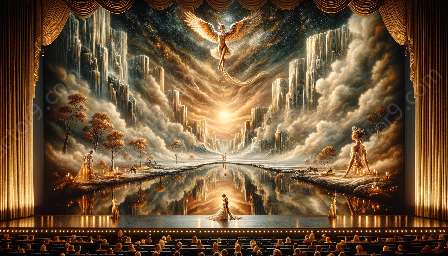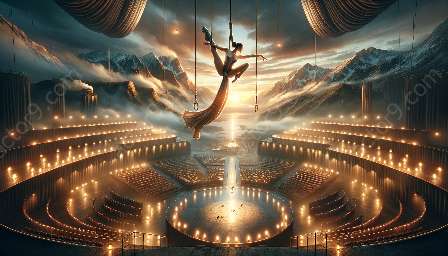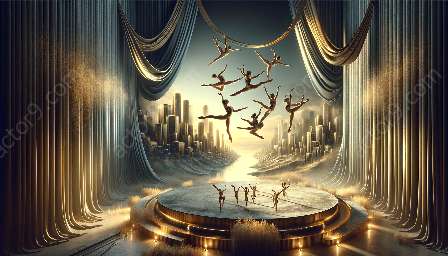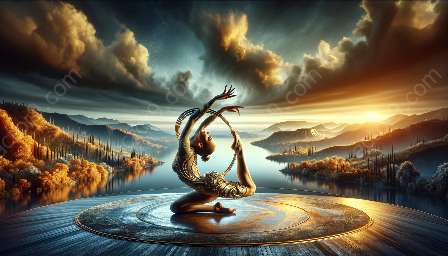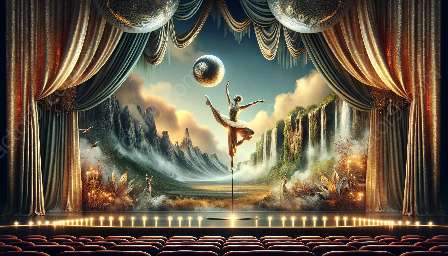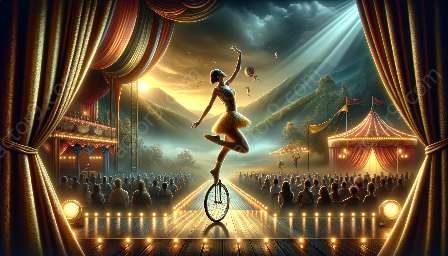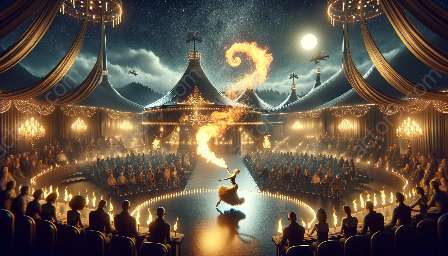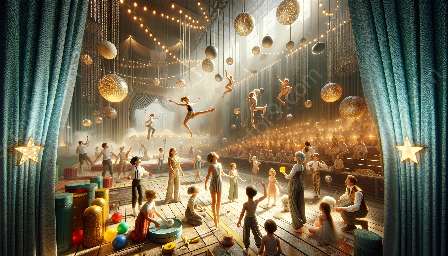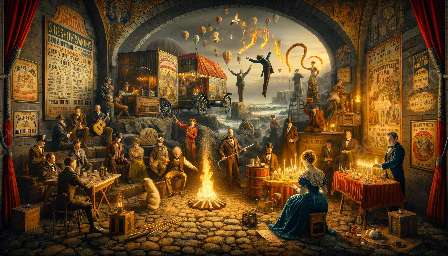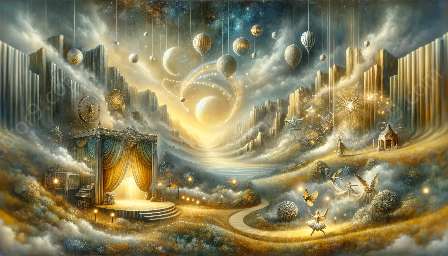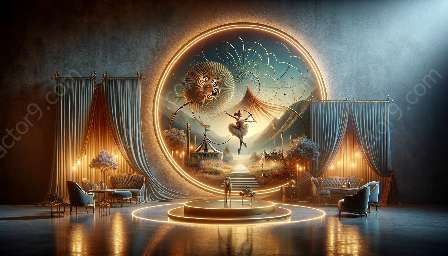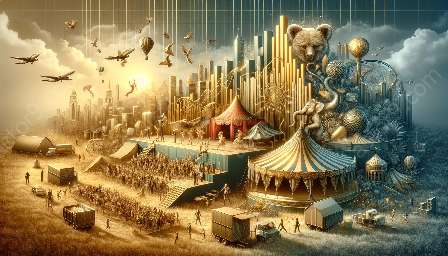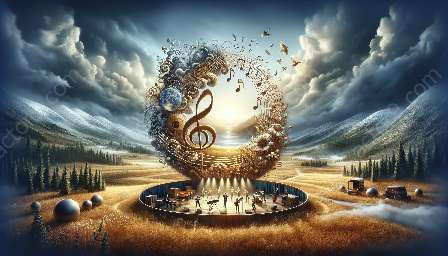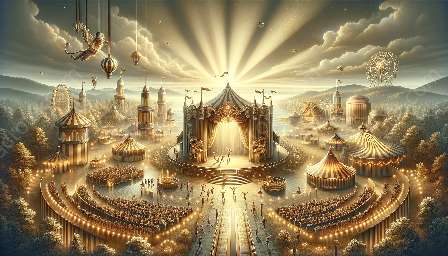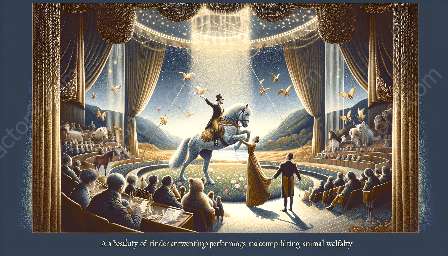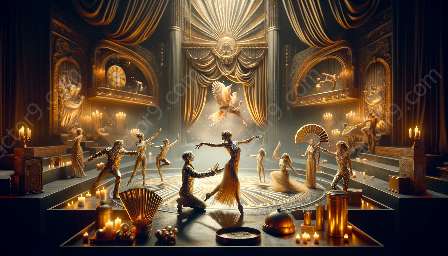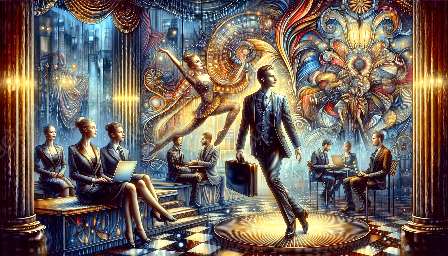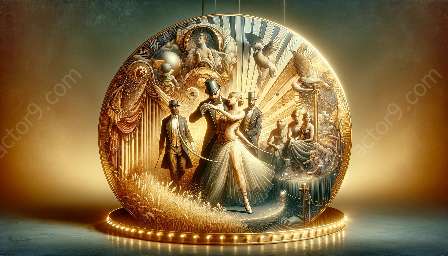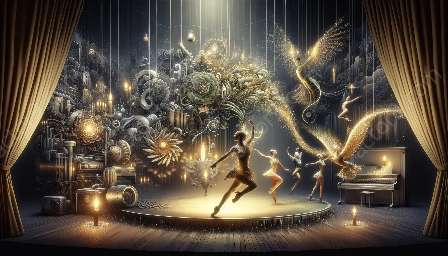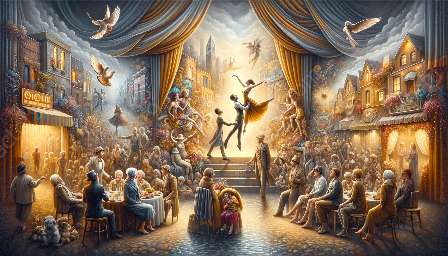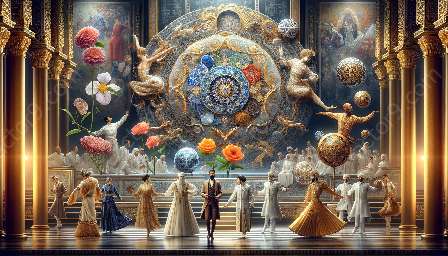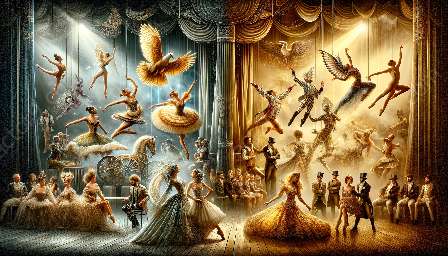Music has played a significant role in the world of circus arts, contributing to the overall spectacle and emotion of these performances for centuries. The relationship between music and circus arts reflects a deep cultural and historical significance that has evolved over time, shaping the way audiences perceive and experience circus shows.
The Role of Music in Circus Performances
In circus performances, music serves as a powerful tool to engage the audience and enhance the visual and acrobatic elements of the show. The rhythmic beats, melodies, and harmonies of the music complement the physical feats and create a dynamic atmosphere that captivates spectators. Moreover, music sets the mood, amplifies the suspense, and underscores the emotional impact of the acts, making the performances more immersive and memorable.
Circus Arts: A Brief Historical Overview
The circus has a rich history that dates back to ancient civilizations such as the Roman Empire and ancient China. However, the modern circus as we know it today emerged in the late 18th and early 19th centuries, particularly gaining popularity in Europe and later in the United States. Pioneered by individuals such as Philip Astley and the Ringling Brothers, the circus evolved into a form of entertainment that combined various acts including acrobatics, aerial performances, and animal tricks.
The Unique Relationship Between Music and Circus Arts
The symbiotic relationship between music and circus arts is deeply rooted in cultural traditions and historical influences. Traditionally, circus performances featured live orchestras or bands that provided the musical accompaniment for the acts. The live music not only synchronized with the timing of the performances but also added an element of unpredictability, creating an electrifying atmosphere for both the performers and the audience.
Furthermore, the choice of music in circus arts is reflective of the cultural contexts in which the performances take place. Different regions and countries have their own musical traditions and styles, which are often integrated into circus acts, adding a layer of cultural authenticity and diversity to the shows. This diverse musical tapestry showcases the fusion of global influences and local flavors, enriching the experience for spectators from different backgrounds.
Cultural Significance of Music in Circus Arts
Music in circus arts serves as a cultural bridge, connecting audiences to the heritage and traditions of different societies. Through the melodies and rhythms of the music, spectators are transported to a world of wonder, where they can appreciate the artistry and creativity of diverse cultures. This cultural exchange not only fosters greater appreciation for global diversity but also fosters a sense of unity and shared enjoyment among the audience members.
Historical Impact of Music on Circus Arts
Over the years, music has adapted and evolved alongside the circus arts, mirroring the changing tastes and sensibilities of audiences. From classical compositions to modern soundtracks, the evolution of music in circus performances reflects the broader shifts in artistic expression and societal changes. The historical impact of music on circus arts highlights the enduring allure and relevance of this form of entertainment, as it continues to captivate audiences across generations.
Conclusion
The cultural and historical significances of music in circus arts underscore the vital role that music plays in enhancing the spectacle and emotional resonance of circus performances. Through its ability to evoke emotions, set the tone, and connect diverse audiences, music remains an indispensable component of the timeless magic and allure of circus arts.

